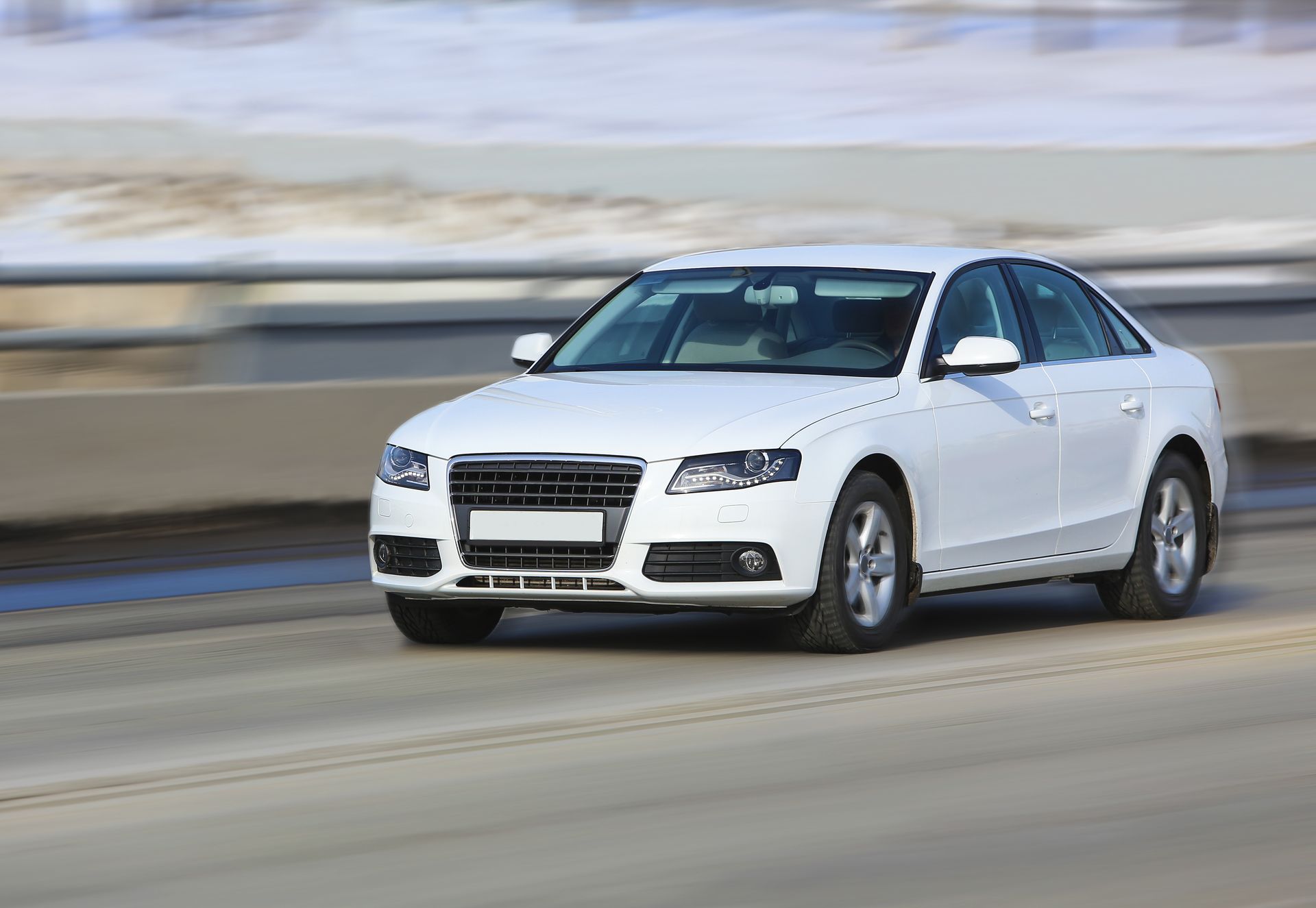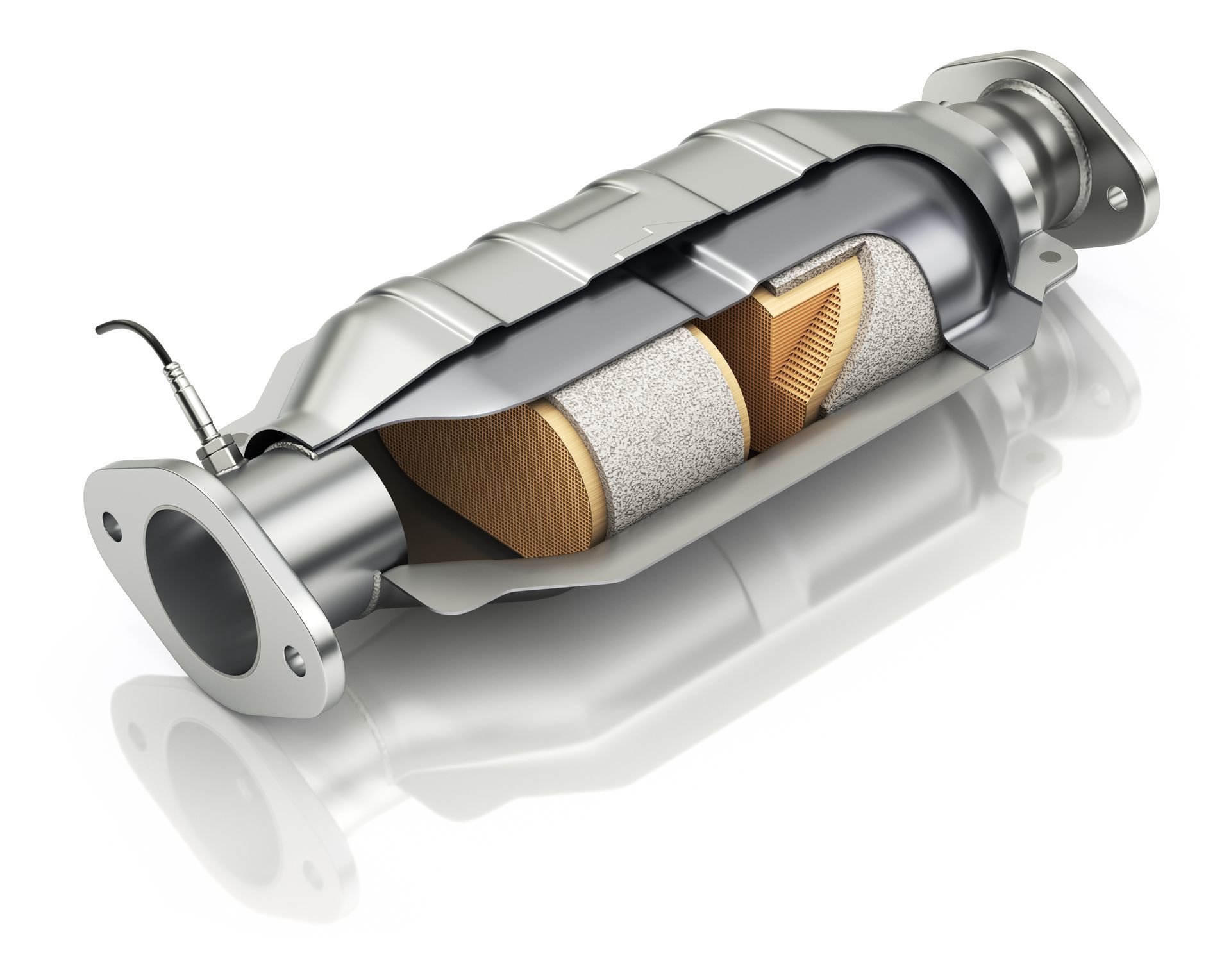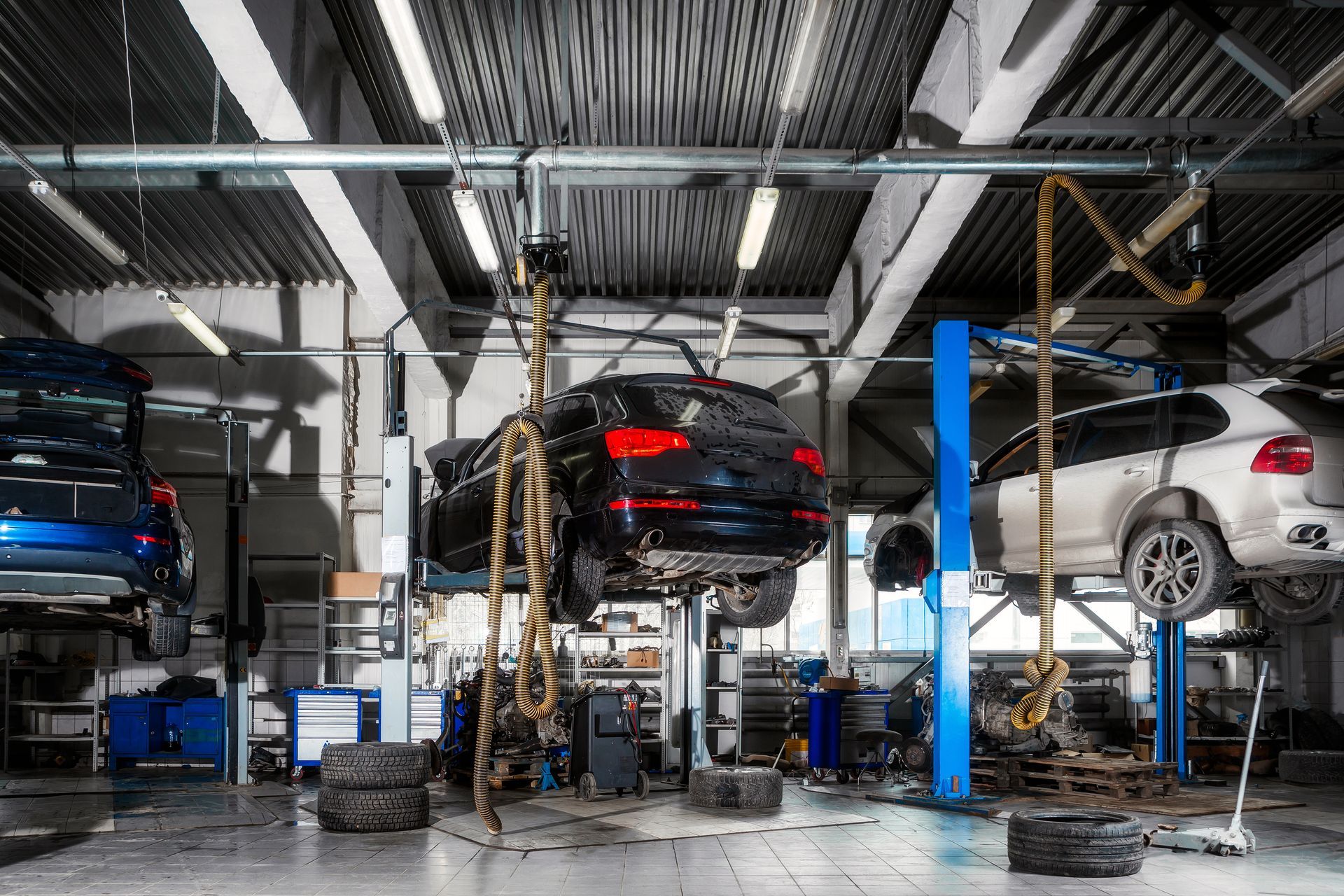Seeing the check engine light come on in your Mercedes-Benz can be unsettling. While this warning light can indicate a variety of issues, it should never be ignored. The check engine light is your car's way of telling you that something isn't right under the hood. In some cases, it's a minor fix, but it can also signal problems that need immediate attention to avoid costly repairs.
Below are five common reasons why the check engine light may turn on in a Mercedes-Benz.
1. Loose or Faulty Gas Cap
It may sound simple, but a loose, cracked, or missing gas cap is one of the most common causes of a check engine light. The gas cap seals the fuel system and helps maintain pressure in the fuel tank. If the cap is not tightened properly or is damaged, it can cause fuel vapors to leak, which triggers the onboard diagnostic system.
If your check engine light comes on shortly after filling up, check to make sure the gas cap is securely tightened. If the light stays on, it might be time to replace the cap.
2. Failing Oxygen Sensor
The oxygen sensor measures the amount of unburned oxygen in your vehicle's exhaust. It plays a critical role in maintaining the correct air-to-fuel ratio. When the sensor fails, your engine may burn more fuel than necessary and emit more emissions.
A bad oxygen sensor will not only trigger the check engine light but also affect fuel efficiency and engine performance. In Mercedes vehicles, a malfunctioning sensor often needs to be diagnosed and replaced quickly to prevent further issues.
3. Catalytic Converter Issues
The catalytic converter helps reduce harmful emissions by converting carbon monoxide and other pollutants into less harmful gases. If this component becomes clogged or damaged, it can reduce engine performance and increase exhaust emissions.
Mercedes-Benz vehicles have advanced catalytic systems that require regular maintenance. If your check engine light is on and you’re noticing reduced acceleration, higher fuel consumption, or a sulfur smell from the exhaust, the catalytic converter may be the culprit.
4. Mass Air Flow Sensor Malfunction
The mass air flow (MAF) sensor monitors the amount of air entering the engine and helps determine how much fuel to inject for optimal combustion. A failing MAF sensor can disrupt this balance, leading to poor performance, rough idling, or stalling.
When this sensor fails, it often triggers the check engine light. Keeping your air filter clean and replacing it at the recommended interval can help prevent MAF sensor issues.
5. Spark Plug or Ignition Coil Problems
Spark plugs and ignition coils are responsible for igniting the air-fuel mixture in your engine. If either of these components begins to fail, you may experience engine misfires, poor acceleration, or a rough idle.
Mercedes-Benz engines, especially turbocharged models, rely on precise ignition timing. A misfire or ignition fault will often illuminate the check engine light. Replacing worn spark plugs and coils promptly can restore performance and prevent damage to other engine components.
Let the Experts at German Excellence in Winter Park, FL, Diagnose the Light
If your check engine light has come on, don't ignore it or hope it goes away. At German Excellence in Winter Park, FL, our technicians specialize in diagnosing and repairing issues in Mercedes-Benz vehicles. We use advanced diagnostic tools and follow factory-level procedures to ensure accurate repairs.
Bring your car in for a diagnostic check, and let us help you stay ahead of major repairs. Your Mercedes deserves expert care, and we’re here to provide it.




